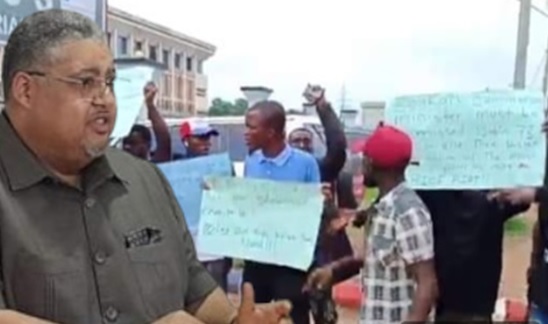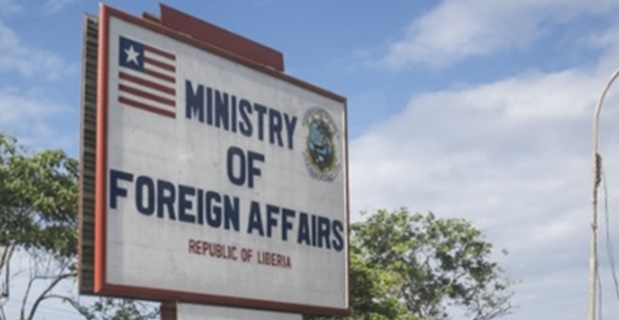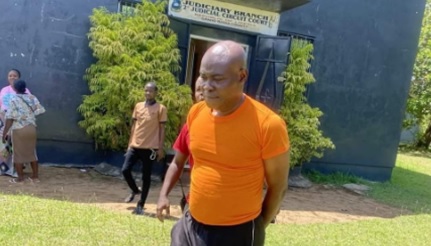MONROVIA – In a fervent display of dissent, citizens descended upon the Ellen Johnson Sirleaf Ministerial Complex in Congo Town on Thursday, May 23, 2024, during President Boakai and his officials’ first 3-day cabinet retreat, demanding the immediate removal of Commerce Minister Amin Modad. Their unified voices resonated with accusations that Minister Modad had aligned himself with rice importers, consequently inflating the price of rice without governmental sanction.
Brandishing placards emblazoned with various grievances, the demonstrators decried what they perceived as Minister Modad’s failure to adequately regulate the business sector of the country. They vehemently contested his unilateral decision to escalate rice prices, asserting that it underscored his incompetence in stewarding the country’s economic affairs.
The impassioned protesters fervently articulated their conviction that Minister Amin Modad’s removal from office was imperative to safeguarding the country from further economic turmoil. However, amidst the tumultuous demonstration, the Liberia National Police intervened, resulting in the arrest of several protesters.
The protesters’ outcry was precipitated by the government’s announcement on Monday, May 20th, via the Ministry of Commerce, regarding a hike in the price of the nation’s staple food, rice, from $16.50 to $18.50 per 25kg bag. This decision, made in response to a recent 20% import tax imposed by the Indian government, has substantially influenced global rice prices.
The global rice market finds itself on shaky ground following India’s decision to increase the surcharge on rice production, which is expected to trigger a worldwide rise in rice costs, directly impacting nations heavily reliant on rice imports, including Liberia.
Anticipating the ripple effects of these global price fluctuations, the Liberian government swiftly engaged with major rice importers to stabilize the domestic market. Minister of Commerce Amin Modad convened a crucial meeting with importers over the weekend to address the looming crisis. Initially, importers had proposed a retail price hike to $20, citing global economic conditions and increased operational expenses due to extended shipping routes and additional charges.
However, the Ministry of Commerce rebuffed this proposal, urging importers to consider the burden on Liberian consumers. Despite importers’ concerns about their business sustainability under the current pricing structure, the government remained steadfast, refusing to accept the proposed $20 price for the 25kg Indian parboiled rice.
This deadlock is rooted in a history of price increase requests by rice importers. In October 2023, importers sought a price hike from $17.50 to $20 during President George Weah’s administration, which was deferred due to the political climate. Similar pressures emerged in February, with importers citing the 20% surcharge and elevated transportation costs due to conflicts in the Middle East.
Minister Modad, recognizing the critical importance of rice as a staple commodity, appealed to importers to maintain lower prices. Following intense negotiations, a compromise was reached to reduce the rice price to $16.50, with importers committing to support local rice production and ensure market stability until May. However, this agreement faced challenges when importers requested another price increase to $21 in mid-May, following an additional 4% Indian tariff hike.
As tensions continue to mount, the nation anxiously awaits a resolution to the escalating controversy surrounding the Commerce Ministry.







